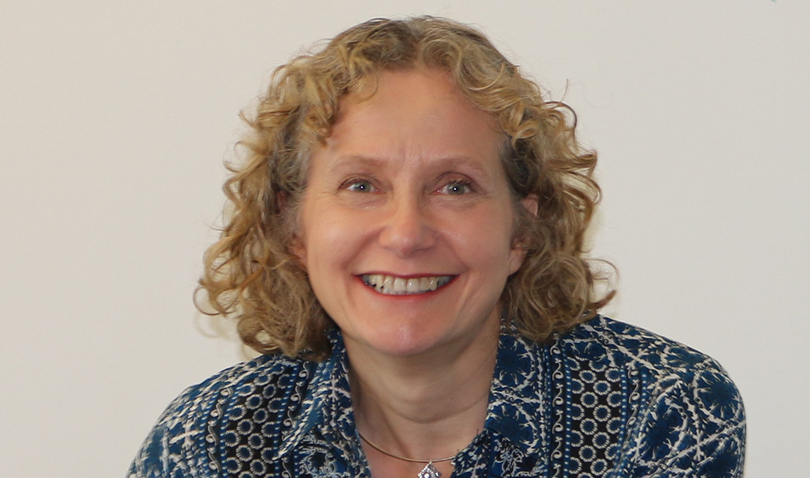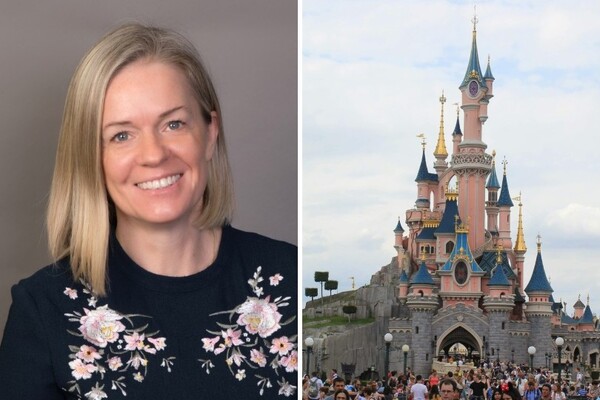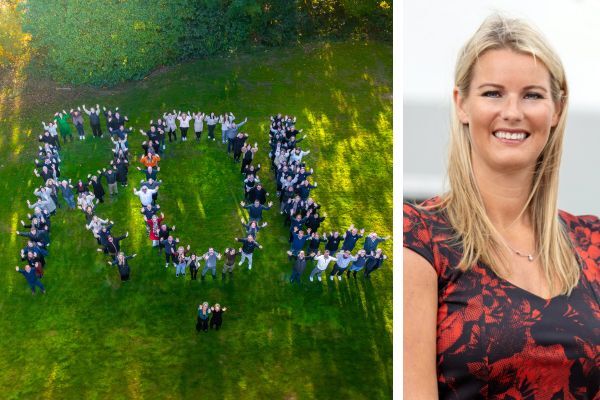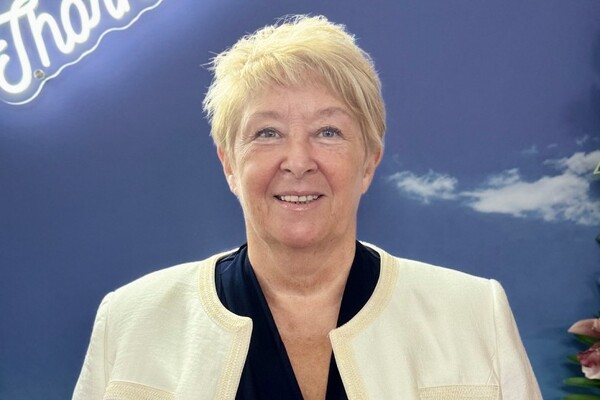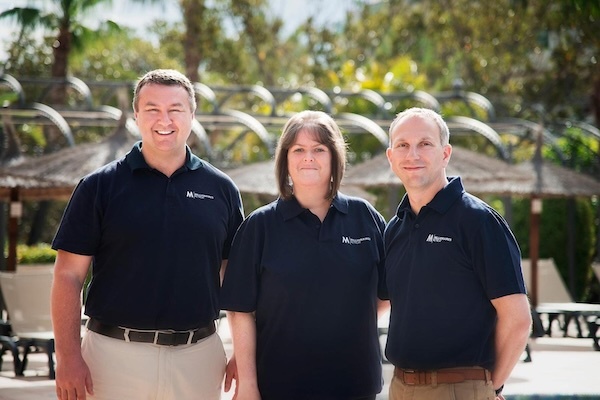Amadeus on how tech can help reassure customers
A new Amadeus report reveals the importance of technology in offering transparent information to clients during the pandemic. Abra Dunsby reports.
With the coronavirus pandemic greatly denting customer confidence, to win back consumer trust travel companies must ensure they are clearly communicating information about how travellers can holiday safely.
Those were the words of Clare de Bono, head of business transformation for retail travel agencies at Amadeus, who was speaking about the role of technology in recovery from Covid-19 at ITT’s virtual conference on 30 September.
De Bono presented the findings of a new study by Amadeus, “Destination X: Where to next?”
The report, which surveyed 8,500 travellers globally, revealed that safety is of utmost importance to travellers, with 59% of those surveyed saying that they must know what what is being done to prevent the spread of the disease by airports, airlines, and hotels.
In addition, 34% of respondents said it was “somewhat important” to know what hotels, airports and airlines are doing to keep customers safe, making safety important to a total of 93% of those surveyed.
De Bono believes technology will play a major role in instilling customer confidence when travelling, adding that both Iata and the World Tourism Council had recently produced papers saying they expect technology to be “an enabler" to travel.
Here are some practical examples from de Bono’s seminar session of how travel companies are using technology to reassure customers about the travel experience:
Innovative initiatives
- United Airlines will ask passengers to self-assess their health and environmental exposure during check-in, and will require customers to go through a “ready-to-fly” checklist. The airline has also rolled out touchless bag check-in at more than 200 US airports.
- In July a flight from Madrid to the Canary Islands tested a digital health passport app using data from health authorities to certify that travellers were Covid-free. “The Health iCard App has the backing from the UNWTO and is GDPR-compliant. Blockchain protocols avoid the possibility of false profiles being created or medical records being manipulated,” says de Bono.
- In the US Clear, a company which specialises in biometric identification, is retrofitting airport kiosks to speed up the identification process while simultaneously taking passengers’ temperatures and scanning users’ faces to pull up their health passes.
- Eurostar has created a contactless, walk-through biometric facial recognition service. The client enters a contactless corridor and uses an app to take a selfie, which is verified and allows them to check in.
- Manchester airport is trialling a new system that allows customers to pre-book free security time slots to avoid queues. “If successful the system will also be rolled out at Stansted and East Midlands airports,” says de Bono.
- Reopen EU is a site from the European Commission that shares information about travel around and to European companies, detailing coronavirus rules as well as which beaches and hotels are open in each destination.
- Iata has created a world map that details Covid regulations by country, and is updated more than 200 times a day.
Trade advantage
The Amadeus survey findings also revealed a greater dependence from customers on travel agents for support and reassurance than in pre-Covid times.
“Our research shows that professional support is essential for international travel – 42% of respondents require agent assistance to navigate the complexity of the market and provide multiple services,” she said.
She added that one third seek more recommendations from an agent, while 40% want more support and problem-solving capability from them.
Customers are also looking for agent interaction throughout the customer journey, revealed de Bono: “39% want agents to engage with, help and support them throughout all phases of the journey".
De Bono therefore sees the future service model for agents shifting to become omni-channel.
“The service model is changing – first we had full service, then it moved to self-service in recent years.
“We now see the future as being omni-channel – both full and self-service. It’s context that decides which channel the customer will choose.”
More findings from the "Destination X: Where to next" report
- 70% of UK respondents said they expected to have the same budget for leisure travel, or more than previously.
- 55% want to take extended holidays of longer than 14 days.
- 51% say that Covid influences their choice of holiday destination.
- 73% said they’d continue to fly, though 35% said they’d feel less confident about doing so than before the pandemic.
- 42% are comfortable staying in a hotel or Airbnb-type accommodation, while 17% feel more confident doing so than they did pre-Covid, perhaps due to the fact that cleaning protocols have been ramped up.
To access the report click here

